Cyberpunk 2077’s Phantom Liberty DLC used AI to replicate a deceased voice actor
by Danny Craig ·
Updated
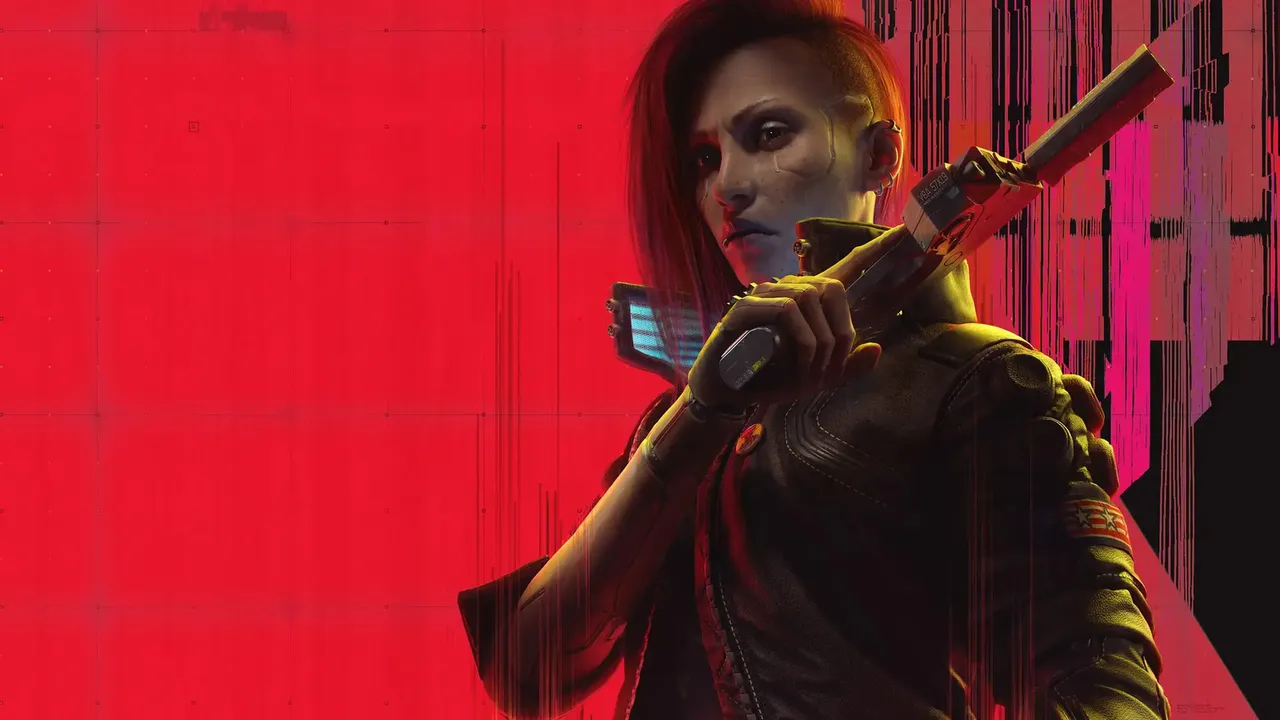
CD Projekt Red
It has been revealed that CD Projekt Red used AI to recreate the voice of an actor who passed away shortly after the release of Cyberpunk 2077 in its Phantom Liberty expansion.
The details:
- As reported by Bloomberg, the studio used AI technology to recreate the voice of Miłogost Reczek, a Polish actor who played Viktor Vektor in Cyberpunk's Polish-language version. Reczek died in 2021, but CD Projekt wished to use his character in the then-upcoming expansion.
- Originally, the developer considered not only replacing the deceased voice actor in the DLC content but also replacing the existing lines in the base game for consistency. The studio "didn't like this approach," according to CD Projekt localization director Mikołaj Szwed, because Reczek was not only "one of the best Polish voice talents," but his performance as the character was "stellar.”
- Instead, CD Projekt hired a new voice actor to record the lines and then used software called "Respeecher" to alter the voice to make it sound exactly like Reczek had recorded them himself. The actor's family approved of the decision to use AI, with his sons said to be "very supportive" of the idea.
- AI has remained an issue of debate across many mediums, with some claiming that AI-generated art should be avoided as it is trained using existing, human-created pieces, while others applaud its convenience. Although situations such as Viktor Vektor's inclusion in Cyberpunk benefit greatly from AI-assisted voice alteration, it has also been used to create terrifyingly accurate recreations of celebrities such as Drake.
More gaming news:
- Sony has revealed the new PlayStation 5, which reduces the console's size by 30% and allows players to add or remove a disc drive at any time. The new system is set to replace the original console from 2020, with a slight price increase in the US and Japan.
- Former The Lord of the Rings: Gollum developers have claimed that Daedelic Entertainment's working environment was toxic, with heavy crunching and a small budget forcing the team to cut content. Former employees also claim that the studio exploited interns for "cheaper labor.”
Featured Jobs
More Jobs
Game Operations Associate (Esports)
 1v1Me
1v1Me
🌎
Remote (USA)
3D Artist & Animator
 Fresh Vintage
Fresh Vintage
🌎
Remote (Anywhere)
Associate QA Tester: Compliance (Night Shift)
 Rockstar Games
Rockstar Games
🇬🇧
Lincoln, UK
Account Manager - Influencer Marketing
 Aftershock Media Group
Aftershock Media Group
🌎
Remote (Anywhere)
Environment Artist (Star Wars Jedi)
 Respawn Entertainment
Respawn Entertainment
🇺🇸
Los Angeles, CA, USA
+ 6 more
(Russian) Associate Quality Assurance Tester / Language Development Support
 Naughty Dog
Naughty Dog
🇺🇸
Santa Monica, CA, USA
+ 1 more
Latest News
More News
-
 XCOM creator Jake Solomon's Midsummer Studios shuts down
XCOM creator Jake Solomon's Midsummer Studios shuts down -
 Pokémon FireRed and LeafGreen are coming to Nintendo Switch alongside a new Pokémon Presents
Pokémon FireRed and LeafGreen are coming to Nintendo Switch alongside a new Pokémon Presents -
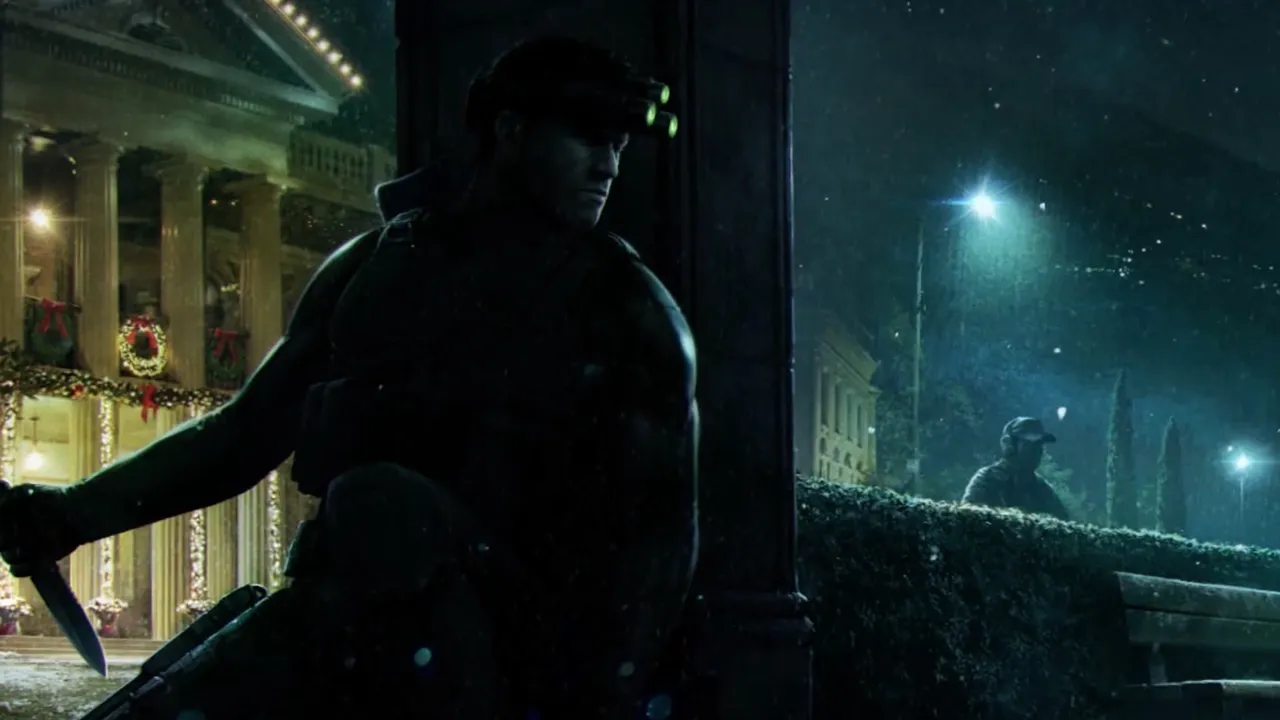 Ubisoft announces layoffs at Splinter Cell remake studio, but the game has not been cancelled
Ubisoft announces layoffs at Splinter Cell remake studio, but the game has not been cancelled -
 Demon's Souls remake developer Bluepoint is shutting down, Sony confirms
Demon's Souls remake developer Bluepoint is shutting down, Sony confirms -
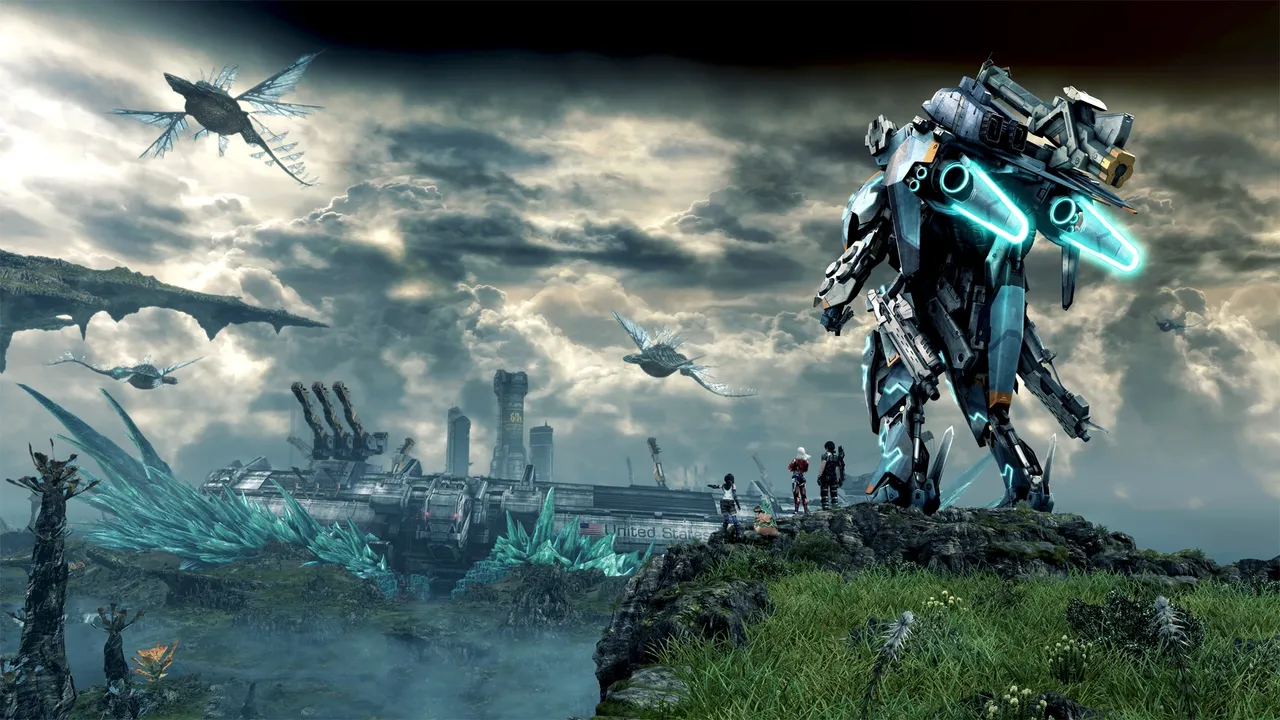 Nintendo shadow drops Xenoblade Chronicles X: Definitive Edition Switch 2 upgrade
Nintendo shadow drops Xenoblade Chronicles X: Definitive Edition Switch 2 upgrade -
 EA receives permission from commentator to generate EA FC 26 voice lines using AI
EA receives permission from commentator to generate EA FC 26 voice lines using AI -
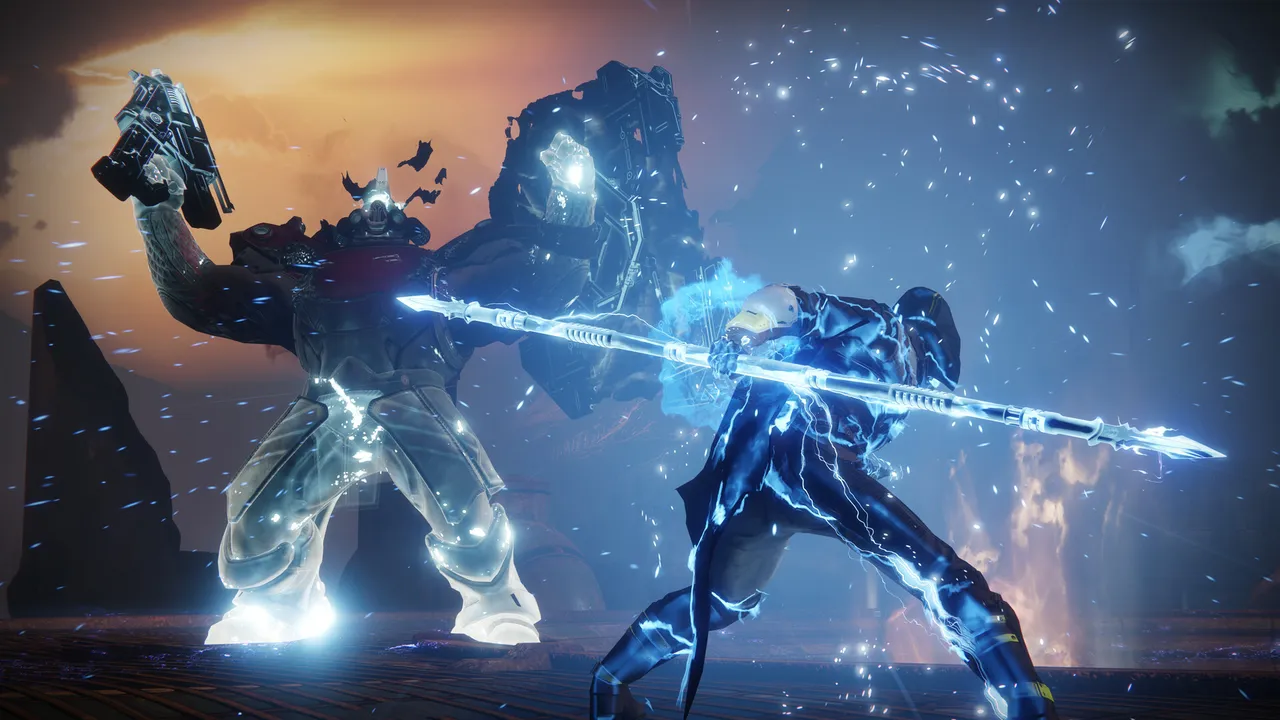 Destiny 2's Shadow and Order update has been delayed by several months, Bungie announces
Destiny 2's Shadow and Order update has been delayed by several months, Bungie announces -
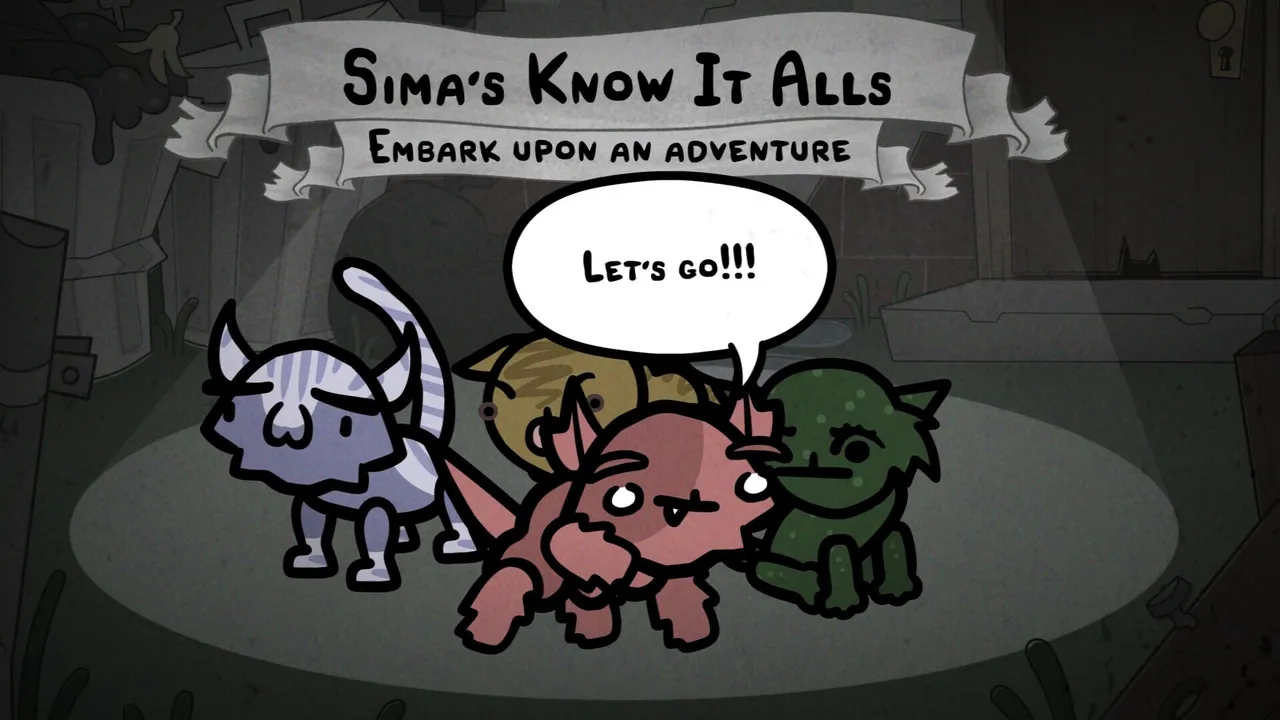 Mewgenics sells over one million copies in just a week, exceeding developer expectations
Mewgenics sells over one million copies in just a week, exceeding developer expectations -
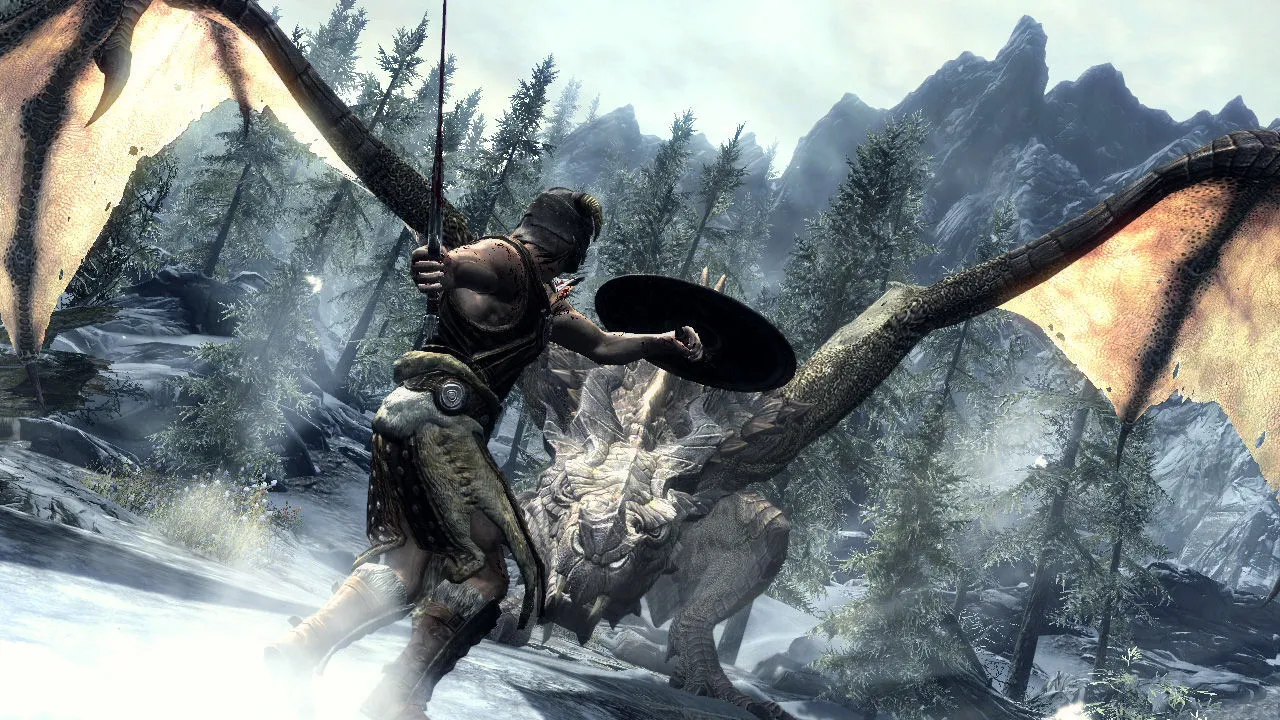 Skyrim finally receives performance and quality modes on the Nintendo Switch 2, addressing frame rate issues
Skyrim finally receives performance and quality modes on the Nintendo Switch 2, addressing frame rate issues -
 Call of Duty: Warzone Mobile is shutting down in April, Activision confirms
Call of Duty: Warzone Mobile is shutting down in April, Activision confirms -
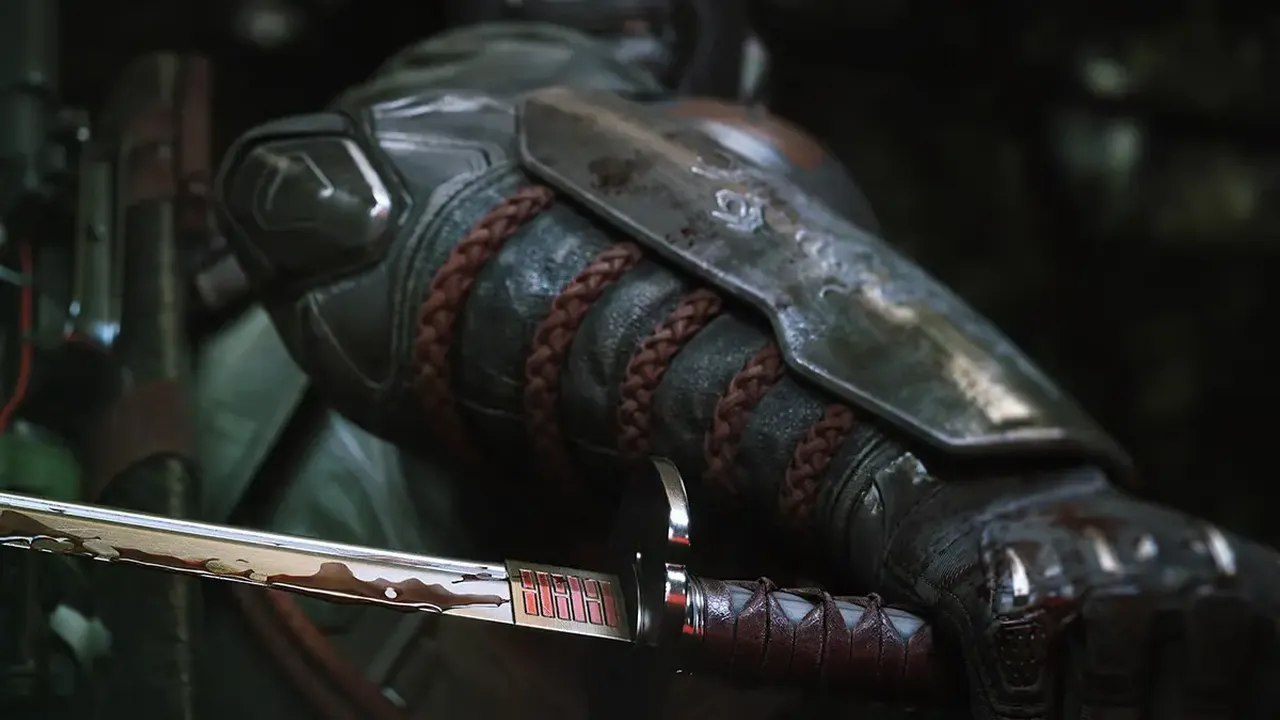 Hasbro shuts down G.I. Joe game developer Atomic Arcade, Snake Eyes project not cancelled
Hasbro shuts down G.I. Joe game developer Atomic Arcade, Snake Eyes project not cancelled -
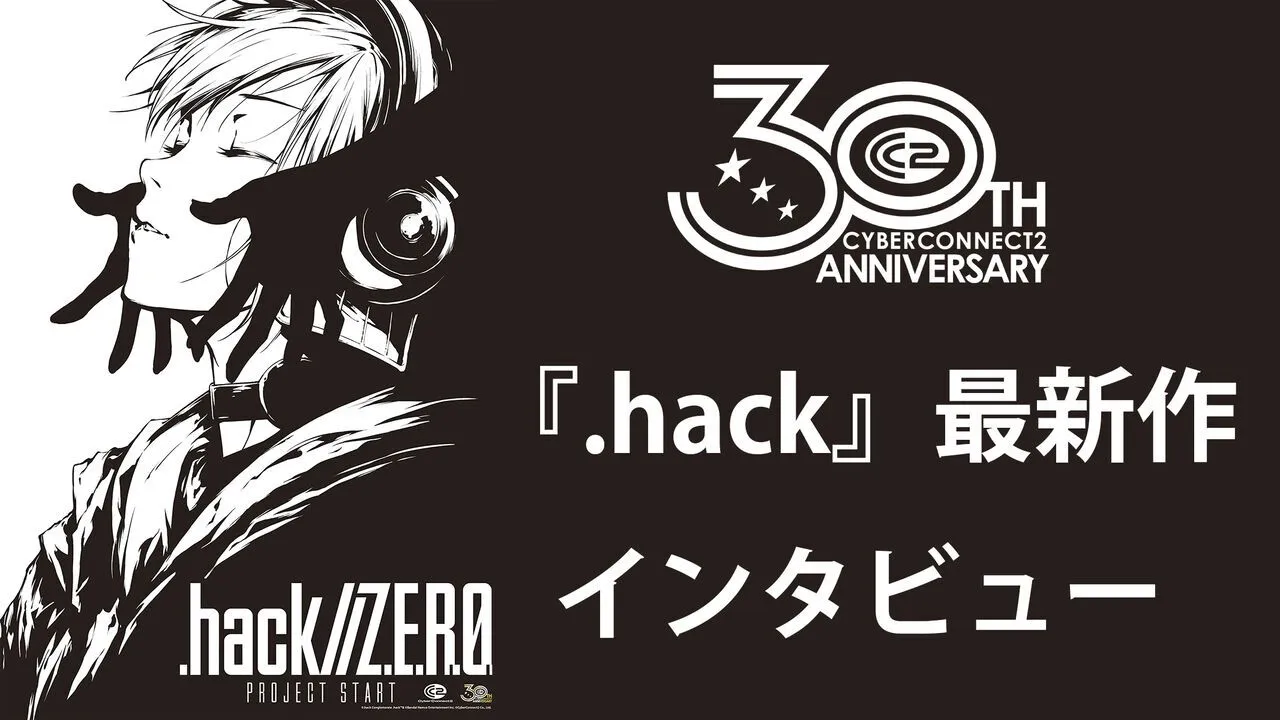 .hack//Z.E.R.O. announced by developer CyberConnect2
.hack//Z.E.R.O. announced by developer CyberConnect2